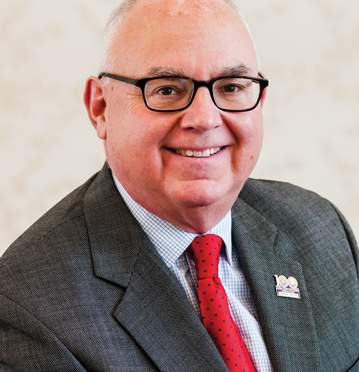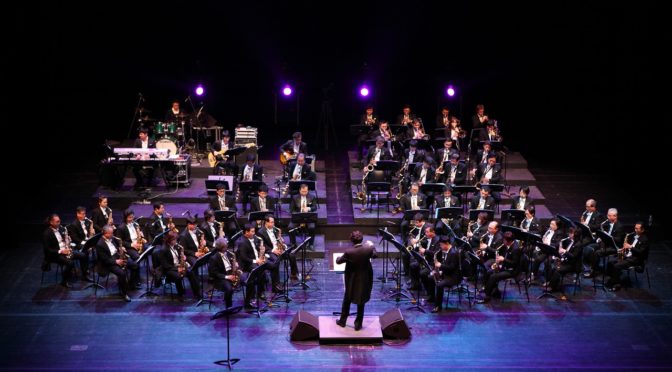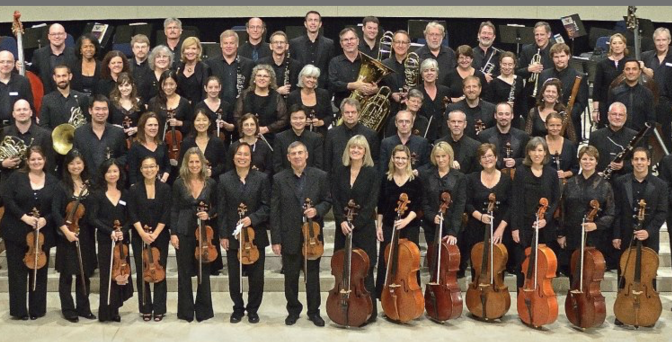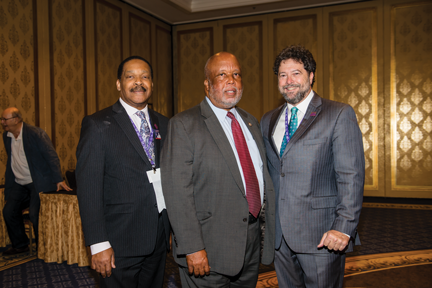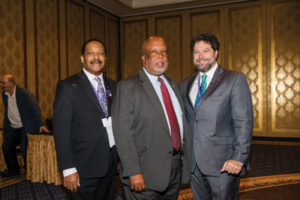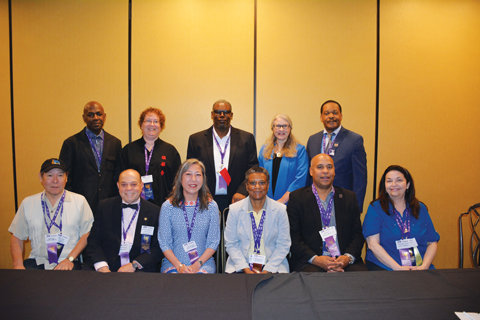As we all watch the transition of government from one president to another, there are some important lessons to be learned. Even though term limits left no doubt that there would be a new president come January, given the war of words, it could not have been easy for President Obama to welcome President-elect Trump to the White House. From all reports, Obama could not have been more gracious, offering a smooth transition and his counsel in the coming years.
Elections are integral to the democratic process and often bring change. Change can be difficult, particularly for the losing candidate. Emotions run high. Rejection can hurt and may leave the unsuccessful candidate with hard feelings. Democratic unions are not immune to changes in leadership. Officer elections take place regularly as stipulated in the local bylaws. Outgoing officers may feel disappointment. Losing an election is not a pleasant experience. Nevertheless, I ask all officers to remember that, however you may feel about the result of your local’s union election, the health of the local is dependent upon a smooth transition. In the end, isn’t the health and ability of the local to carry on what’s really important?
I have heard horror stories about inappropriate transitions. In one case, a newly elected officer asked to take possession of the local’s records from the outgoing officer. Upon arriving home, the new officer found the local’s records in garbage bags left out on his front lawn! Suffice it to say, there was no transfer of institutional knowledge or offer of assistance.
Outgoing officer behavior such as this is unprofessional and hurts the membership. Transitions are hard enough without making them even more difficult by a lack of cooperation. It is the responsibility of every outgoing union officer to share their knowledge and experience with the incoming officer and make the local’s transition as smooth and seamless as possible. So please, take note of the example set by President Obama during this presidential transition. Our members are depending on you to fulfill this obligation with courtesy and professionalism.
“Read Your Bylaws!”
Ten years ago, as Local 802 financial vice president, I was asked to chair a local membership meeting that we knew would be very contentious. The meeting room was overflowing (SRO) with members and the tension in the room was palpable.
In the front row was John Glasel, past president of Local 802. Glasel accomplished many great things as president but, on occasion, he could be—shall we say, irascible? At one point in the meeting, Glasel made a statement. When I looked at him questioningly, he repeated the statement with renewed emphasis and added admonishingly, “Read your bylaws!” John knew full well the bylaws supported his view.
While I wasn’t particularly appreciative of his advice at the time, it stuck with me all these years. Looking back on it, it was excellent advice and has stood me in good stead ever since.
I share this story because the AFM Bylaws (rev 9-15-16) are currently available online at AFM.org. After logging in with your AFM ID and password, go to the Document Library/open the Bylaws folder and click on “AFM Bylaws rev 9-15-16” to open the pdf document. You can learn a great deal from the Bylaws, if you take the time to read them. The hard copy booklets (English version) are being printed and will be mailed to locals shortly. The AFM Bylaws (rev 9-15-16) are in the process of being translated to French and will be made available as soon as the translation is complete.


